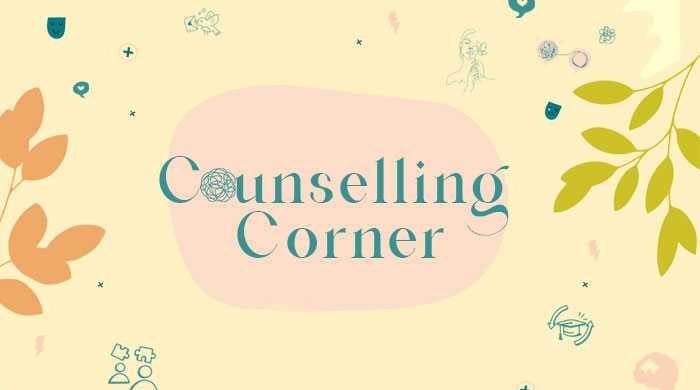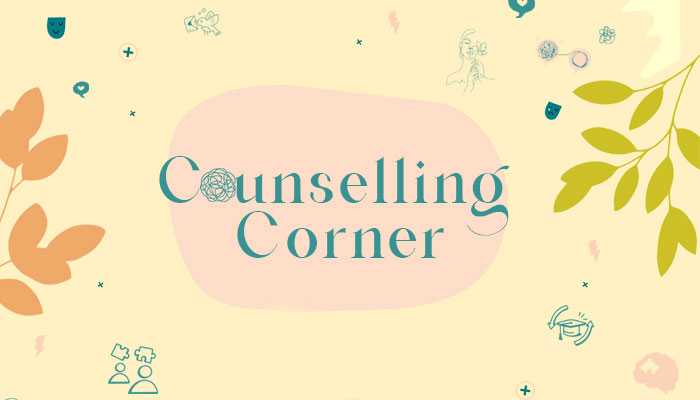“My mind always wanders towards the worst-case scenario and I’m not sure how to get rid of these thoughts”
Hi Haya,
I’m really afraid of getting sick and dying. I don’t know why, but this feeling has kept me anxious all my life. I’m in my late 20s and these thoughts just won’t go away.
I’m living a normal life otherwise, but it’s sometimes really difficult to deal with these thoughts. I would get scared and panic even if I had a mild headache.
When I was younger I’d read up on different illnesses on websites and ever since then my mind always wanders towards the worst-case scenario. I’m not sure how to get rid of these thoughts.
Please help!

Dear reader,
Fear and anxiety are emotions that keep us stuck and prevent us from moving forward into the life we have the potential to live and be.
As a psychotherapist, I would address your concerns with curiosity, empathy and understanding. It sounds like you are having health anxiety.
Here are some avenues I would consider worth exploring:
Understand the root of your anxiety. It sounds like your childhood fears and traumas have a part to play in you feeling this way. It will be helpful to explore past traumas that may have contributed to these fears. Understanding the underlying causes can be a crucial step in managing your anxiety.
We can’t get rid of thoughts — what you resist persists. The more you force a thought to be pushed away the more it will stay. Instead, I would invite you to look at your thoughts with curiosity, compassion, and an action plan to work through them.
For this, I would first recommend Cognitive Behavioral therapy (CBT), a well-established therapeutic approach for managing anxiety, including health anxiety. It focuses on identifying and challenging negative thought patterns. In your case, a therapist might help you recognise and reframe catastrophic thoughts related to illness and death. By altering these thought patterns, you can work towards reducing anxiety and creating more balanced and realistic perspectives.
Secondly, you may, together with your therapist, work towards gradual exposure. This might involve gradually confronting and tolerating health-related triggers, such as experiencing mild physical sensations without immediately interpreting them as signs of a serious illness.
Thirdly, I would encourage you to explore mindfulness and relaxation techniques. Mindfulness practices, such as meditation and deep breathing, can help you become more aware of the present moment and manage anxious thoughts. Learning to ground yourself in the here and now can be particularly beneficial for individuals struggling with fears and anxious thoughts.
Fourth, limit online searches. Excessive online searches can fuel anxiety.
Fifth, I would encourage you to develop coping strategies, you will need to find what works for you. this might include creating a structured plan for managing anxious thoughts, engaging in activities that bring a sense of joy or relaxation, and building a support system.
I would also encourage you to assess various aspects of your life, including relationships, work, and lifestyle, which are crucial. Sometimes, addressing stressors in these areas can have a positive impact on overall well-being and may contribute to a reduction in health-related anxiety.
Hope this helps!

Haya Malik is a psychotherapist, Neuro-Linguistic Programming (NLP) practitioner, corporate well-being strategist and trainer with expertise in creating organisational cultures focused on well-being and raising awareness around mental health.
Send her your questions to [email protected]
Note: The advice and opinions above are those of the author and specific to the query. We strongly recommend our readers to consult relevant experts or professionals for personalised advice and solutions. The author and Geo.tv do not assume any responsibility for the consequences of actions taken based on the information provided herein. All published pieces are subject to editing to enhance grammar and clarity.


